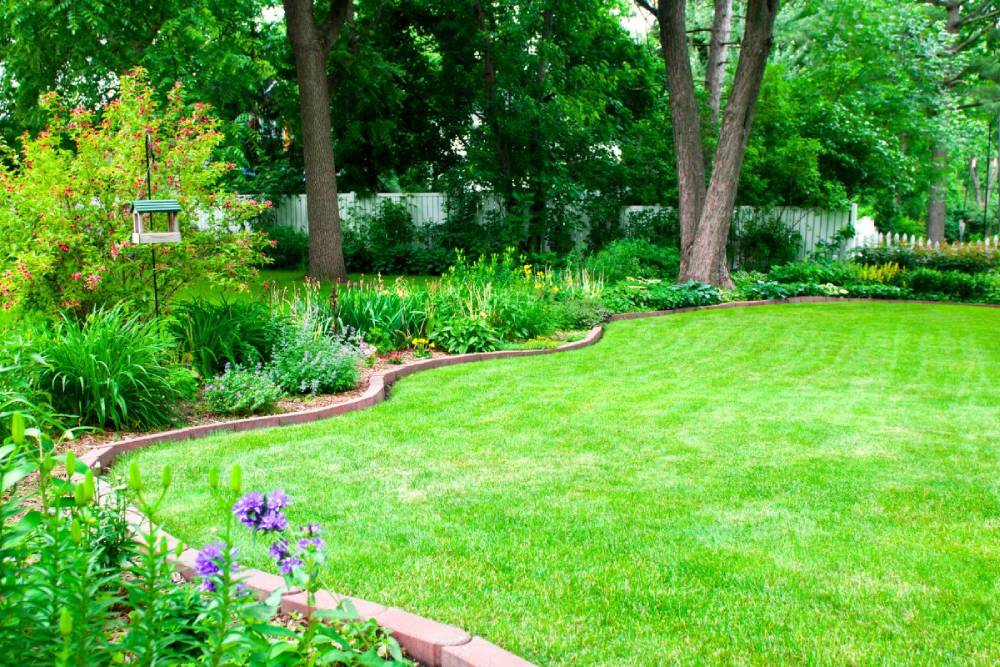
Vancouver, British Columbia based tree service professionals encourage their customers to think green when considering sound barriers.
Can Trees Reduce Noise?
It is pretty widely recognized, though often not acknowledged, that loud sounds are a form of pollution that plagues cities in a similar way to the noxious greenhouse gasses that create smog.
Loud noises, no matter the pitch, can contribute to health problems in the people that are exposed to them. Though the industrial revolution left us with much innovation, there are still areas that need work, and pollution is one of them.
Trees are not only good for clean air, they are also a great help when it comes to unwanted sounds.
Health Problems that are Associated with Noise Pollution
Everyone knows that it is very easy for sound to interrupt an individual person’s sleep. Sleep deprivation in and of itself can lead to serious health issues. Our bodies often express physical signs of stress when our ears are assaulted with loud and obnoxious sounds.
Some of the problems that can result directly or indirectly from noise pollution are included in the list below:
- Fatigue
- Irritability
- Distractedness
- High blood pressure
- Cardiovascular problems
- Stroke
- Hearing loss
The Physics of How Trees Mitigate Noise
Trees, as the largest and longest lived things on the planet, have to endure a great deal of change over the course of their lives. They are resilient and adaptable in their native soils and habitats. Because of the density of their bark and trunks and the way their branches and roots grow, they are able to withstand sound waves and even help to dampen them.
There are four scientific principles at work in this case. Each of these will be fully described below.
- Absorbing Noise: As energy waves move through different forms of matter, the energy is taken into those things the waves pass through. Even trees that are a short distance apart can shield against noise. The growth of the root system seems to prime the soil for sound absorption.
- Reflecting Noise: Due to the hard surface of the tree’s trunk and branches, sound can bounce off the tree back toward its source. It is a physical barrier that not all sound can cross. Overlapping leaves also assist in this.
- Refracting Noise: This is similar to deflecting or reflecting, but it sends the sound waves off in a different direction than it was originally traveling, as when light goes through a prism or enters water or some other liquid.
- Interfering with Other Noise: Trees, like other living things, produce their own noise that can disrupt other sounds. This muffles the sounds that come from the other side of the trees.
Which Trees Work Best for Noise Suppression
Though, as one might expect, hardwoods such as oaks are the best for noise absorption, deciduous trees are not the best choice overall for tempering sound year round. The lack of foliage during the late fall through the early spring gives around 6 months of less surface area and more trouble noise.
Evergreens have been shown to be the most consistent when it comes to noise suppression. There are many such trees that are native to this area and will grow quickly and thrive here. Consult with an arborist when making a choice for landscaping for privacy and sound reduction.
About VI Tree Service
VI Tree Service has been a reliable tree service company from Vancouver, BC, across Vancouver Island and beyond. We have more than 50 years of arboricultural experience. Call today for a free quote.

